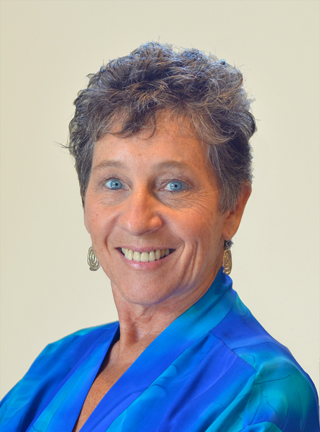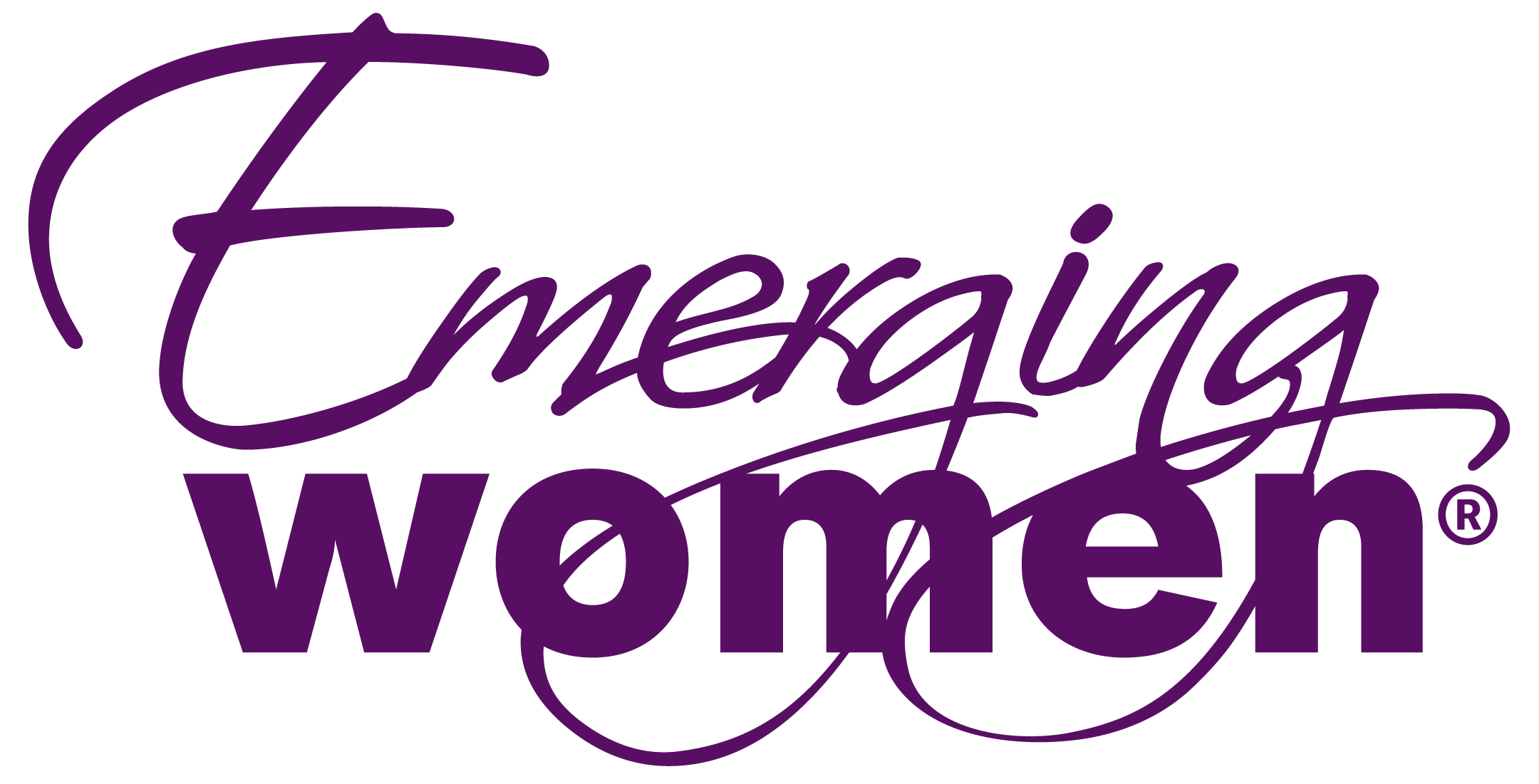Women’s leadership is on the cusp of a quantum leap.
Female leaders everywhere are inching toward the unknown, leaning into the new, announcing their readiness to the future that attracts them. Our passion, commitment, intention, and will may very well collapse the probability of equality and manifest it into a reality some day in the near future.
Denied access to the centers of power for so long in our history, we have become experts on the margins. We are masters at networking, advocating, circling, co-creating, transforming culture—working for the marginalized in every field imaginable. Women leaders are at the forefront of change from the grassroots to governmental levels.

Not About Me, It’s We
In the 1970’s, when the second wave of feminism washed over this land and changed everything in its wake, the phrase “the personal is political” became a slogan as we discovered together how the culture had shaped and silenced us. There was a sense of “It’s not just ME, it’s all of us,” and that fueled our interest, our outrage, and finally our courage to stand up and speak our truths.
Now, two generations later, young women are assimilating into every institution—corporate, civil, religious, creative—and speaking their truth to power,from power, and about power.
As evolutionary women leaders we are abandoning old tactics and strategies; we are transcending patriarchal, hierarchical models of leadership and creating circular spaces for the surfacing and sharing of collective wisdom. We are creating new vocabularies, replacing words like compete, control, power, motivation with collaborate, co-create, process and transformation.
It takes women only moments to find our commonness, and generally, in every women’s circle, it is always agreed upon that what we are seeking is what is best for the whole. From business women to nuns to non-profit leaders, an awareness of our interdependency underlies every question and answer. And we often believe that if there is a striving to be had, it is to be the best for the world, not the best in the world.
The Value of Questions
Philosopher and scholar Jacob Needleman suggests that the real art form of today is “group pondering.” This resonates as an idea with me, although its execution calls for deep creativity. How does one facilitate “group pondering?” How does a leader mine the wisdom of the group? How do we evolve ourselves into more subtle sowers of collective insight?
The best leaders are the ones with the best questions. The ones who are humble enough to not be the center of attention, but to center the group’s attention. The ones who can laser focus the desire of the group, the intention and will of the group, in order to unleash the group’s ability to create a reality it agrees upon.
After a few decades of facilitating groups for higher levels of leadership and creativity, I’ve come up with some questions that aim at authentic and imaginative truth-telling. Answering these questions will give people an opportunity to find common ground with others, acknowledge what they are passionate about, decide what they are committed to, and proclaim their next steps in the matter.
People pay therapists thousands of dollars for this, but a good leader can bring about these clarifications in a short time by simply asking the right questions and engaging in this kind of group pondering. Here are a few ideas for starters:
- What is one thing you know for sure based on your lived experience?
- In what ways have you shared that knowing?
- In what ways have you advocated on another’s behalf?
- What success have you had in this area?
- Have you ever felt silenced as a woman? If so, how?
- Do you feel an affinity with any marginalized groups? If so, what is your response?
- Do you know the difference between your original thoughts and your inherited beliefs?
- What inherited beliefs have you disinherited? (about your body? your religion? your sex?)
- How have you been changed by another woman’s story or creation?
- If someone funded a documentary that you could produce, what subject matter would you choose?
- If you had a superpower, what would it be? What would you do as a result?
- Where does the imbalance of feminine vs. masculine show up most for you?
- What is the impact of that?
- In what ways are you bringing more balance to our society?
Tips for Facilitating
If there are many tables in the room, a dividing of the questions and sharing is an excellent way to foster more collective pondering. Introverts often need more time to think about their answers, so it might be wise to list these questions on paper and give people five to ten minutes to reflect and answer. The work of the leader is to create a safe space for sharing, to be self-disclosing and answer a few of the questions from her own perspective before having the group do the assignment.
I read once that the Old English term for leadership comes from the phrase to go first. The greatest leaders are the ones ready to go first, to risk being vulnerable. They speak from their lives. They learn how to master their ordeals, process their tragedies and transform them into stories that hold truths both personal and universal.
If She Can, I Can—The Power of Story
Everything we know happened to us in a story. All the wisdom in our cells came from our trials, our tears, our commitment to keep going in the face of every obstacle. Great leaders tell those stories. They don’t just share what they know. They share how they learned it. That’s what we all hunger for. Those tales of transformation. Those stories that remind us, “If she can, I can.”
You can stop reading leadership books anytime now. Just open up the book of your own life. See what you’ve been up against. See what kept you going. See what you’ve achieved and where you’re headed now. See how connected you are to all the others. And tell those stories. Tell them right from your heart. Don’t be afraid of your tears. This is heart work, after all.

Jan Phillips—Emerging Women
Jan Phillips, is the co-founder and executive director of the Living Kindness Foundation, a co-sponsor of Emerging Women, and an artist and author. She’s written No Ordinary Time, Finding the On-Ramp to Your Spiritual Path, The Art of Original Thinking-The Making of a Thought Leader, Divining the Body, and more. To learn more about her work, you can visit her website.


